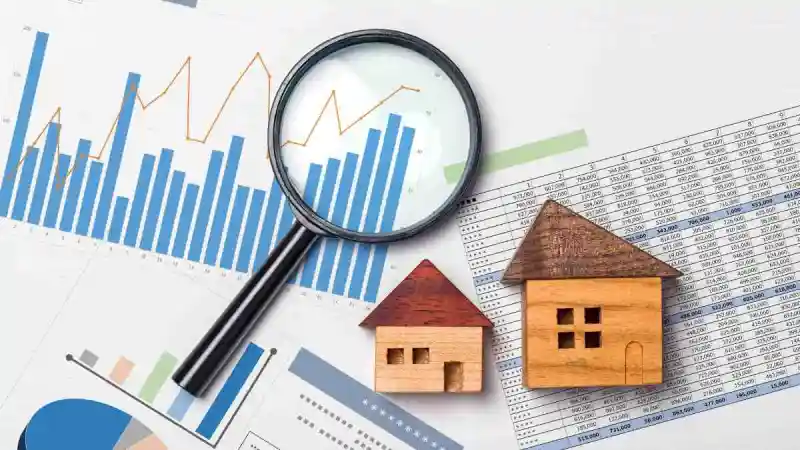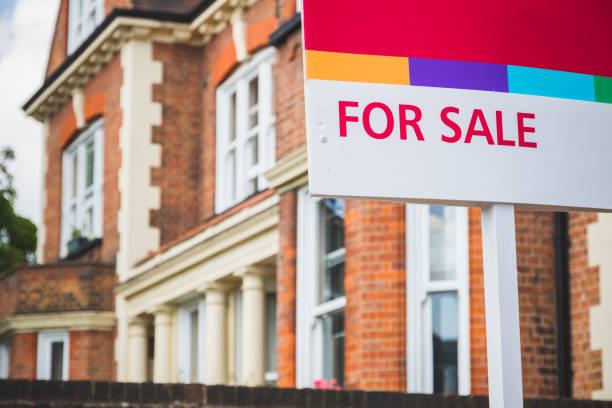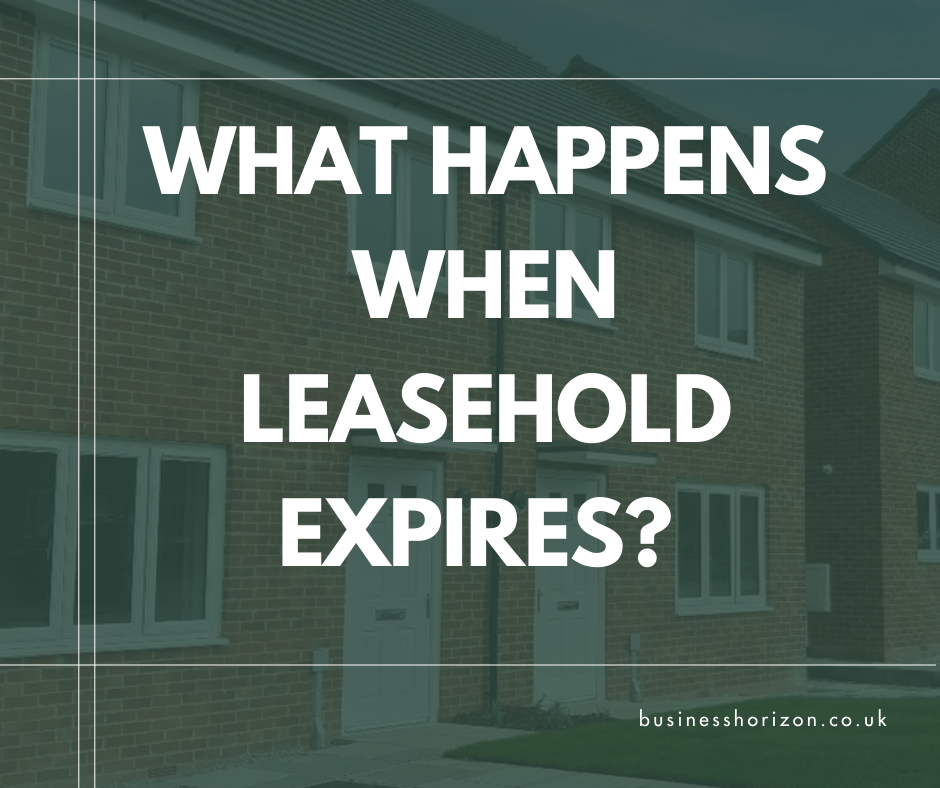People often talk about investing like it’s a straightforward decision: put your money somewhere and watch it grow. But anyone who’s ever done it knows it’s rarely that simple. And one thing that always comes up in the conversation is property. Buying bricks and mortar has been seen as a solid choice for decades. But is it really the best way to grow your wealth?
Well, it depends on a few things: your financial goals, your appetite for risk, and your patience, for starters. Property can be a powerful investment, but it’s far from effortless. It can tie up a lot of cash, demand constant attention, and bring unexpected costs. Still, plenty of people swear by it.
So, how does it stack up?
Property vs. Other Investments
If you’ve ever looked into investing, you’ve probably seen people comparing property to stocks, bonds, savings accounts, and even gold. Each one has its own perks and headaches.
Stocks can offer high returns, especially over the long run. But the market can be unpredictable. One day it’s up, the next it’s down, and you’re left wondering if your portfolio will recover in time. Bonds are more stable, but they don’t bring in huge gains. Savings accounts are safe, but interest rates tend to trail behind inflation, so your money could lose value over time.
Property, on the other hand, gives you something tangible. You can see it, walk through it, and in some cases, live in it. It can bring in rental income and usually increases in value over the years. But—and it’s a big but—it also comes with maintenance, taxes, legal responsibilities, and the risk that prices might stagnate or drop altogether.
The Appeal of Bricks and Mortar
There’s a reason property has long been a go-to investment for many. First, it feels safe. People like the idea of putting their money into something they can touch. Unlike a stock certificate, a house won’t just disappear overnight. Even if the value drops, you still own a real asset.
There’s also the potential to earn from two sides: rental income and capital growth. If you’re renting out a place, that monthly rent can help cover the mortgage and bring in some profit. And if property prices rise, you might also make a tidy sum when you sell.
Plenty of investors like the idea of leverage too. You can buy a property with a mortgage, which means you’re using borrowed money to grow your wealth. If house prices go up, that increase is based on the full value of the property—not just your initial deposit. That can really boost your return on investment.
But It’s Not All Smooth Sailing
Of course, none of this means property is easy or without risk. Anyone who’s owned a rental will tell you it’s not always passive income. There’s the hassle of finding tenants, chasing late payments, sorting out broken boilers, or dealing with rules and regulations that change more often than most people realise.
And property isn’t cheap to get into. You need a decent chunk of cash upfront—usually for a deposit, legal fees, and stamp duty. That can make it harder for first-time investors to get started.
Another thing people forget is that property is illiquid. If you suddenly need your money, you can’t just sell a wall or a kitchen. Selling a house takes time. Even in a good market, it could be months before the deal is done and the money hits your account.
Timing Matters—A Lot
If you’d bought a house in the right place 20 years ago, you’d probably be sitting on a pretty decent return now. But timing the market isn’t always straightforward. There are periods when prices shoot up, and others when they stall or fall. If you buy at the peak and need to sell shortly after, you could end up losing money.
And then there’s location. A flat in a buzzing city centre might appreciate fast and attract tenants easily, while a property in a sleepy village might take longer to grow in value and sit empty between tenants. Understanding the local market is crucial.
Hands-On or Hands-Off?
Some people love the hands-on side of property investment. They’ll fix up a place themselves, manage tenants, and keep on top of every detail. Others prefer to hand it all over to an agency, which can make life easier but eats into the profits.
Then there’s the option of investing in property indirectly through Real Estate Investment Trusts (REITs). These allow you to put money into property without actually buying a building. You’ll get a share of the income, but you won’t be responsible for the leaky roof or the broken heating system.
Taxes and Changing Rules
Another thing to think about is tax. Owning a rental property comes with extra responsibilities. You’ll need to declare your income, and recent tax changes have chipped away at the benefits some landlords once enjoyed.
There are also constant changes to legislation—new rules around energy efficiency, tenant rights, and more. If you’re not paying attention, you could end up in breach of the rules without realising.
Who Is Property Best For?
Property can suit different types of people. If you’re in it for the long haul, have the money to start, and don’t mind getting involved (or paying someone else to), it could work well for you.
It’s especially popular among those who prefer something tangible. If watching graphs and financial statements makes your head spin, but you’re happy dealing with real-world stuff like home repairs or tenant management, you might find property more manageable than other forms of investing.
It can also be a useful way to build long-term wealth, especially when used as part of a broader investment mix. Some people use it to fund retirement or help their kids get a foot on the ladder down the line.
The Final Word
So, is property the best investment? Honestly, it depends on what you’re looking for. If you want something physical, are ready to commit time and money, and can hold onto it for the long run, it might work well for you. But it’s not without its challenges.
You’ll want to think about your goals, how much time and effort you’re willing to put in, and how comfortable you are with the risks involved. For some, it’s the perfect fit. For others, not so much.
What’s clear is this: property can be a strong part of a wider financial plan. Just don’t go into it thinking it’s a guaranteed win or a hands-off cash machine. Like most things in life, it pays to do your homework and be ready for a few surprises along the way.



